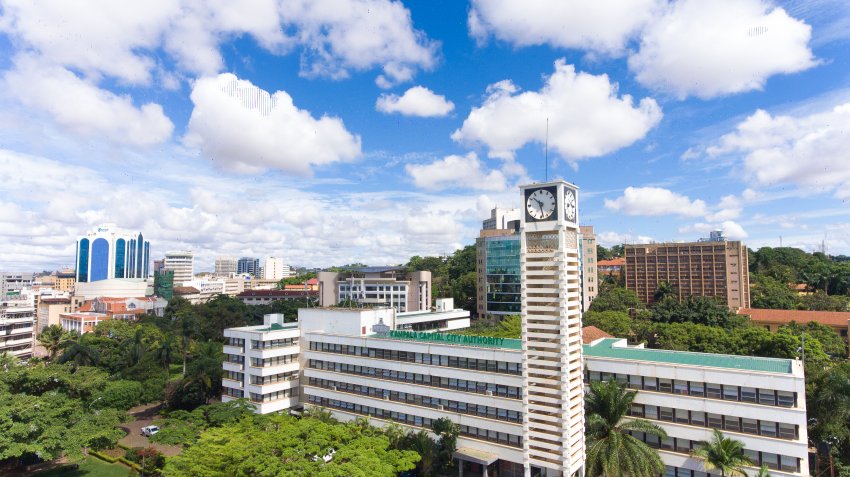UGANDA – Kampala | Property rates (aka property tax) is an important source of revenue for cities like Kampala. Cities depend on this revenue to provide local services and to access financing for larger investments.
According to a recent report by The International Growth Center, Kampala Capital City Authority (KCCA) has made significant improvements in increasing the tax base in Kampala. Since 2014, the KCCA has performed mass enumeration of properties in the city, collecting ownership information, GIS coordinates, and property attributes for over 300,000 properties.
Despite these tax base widening measures, 66% of the revenues remain uncollected. This is because of poor tax compliance.
Tax compliance refers to taxpayers’ willingness to comply with tax laws and regulations by paying tax timely and accurately.
According to the report, several factors may contribute to low property tax compliance, including:
- Poor enforcement;
- High tax liabilities;
- And low tax morale.
The International Growth Center’s detailed study explored these potential factors for low property compliance, by assessing KCCA administrative tax data and focus groups with taxpayers. Below were the findings:
- In Kampala, property tax compliance was deficient, with less than one in every ten billed properties. This explains why KCCA only collected UGX 29.2 billion in revenue out of 85.9 billion billed.
Factors related to low property tax compliance in Kampala
While also considering the COVID-19 impact on the economy, the report notes the following factors related to low property tax compliance:
- Poor communication; According to the research findings, communication was confusing and demotivating taxpayers. For instance, very few taxpayers knew when their tax payment was due.
- Poor relationship between taxpayers and the KCCA tax collectors; The report noted citizens perceive engagement by the city as limited. Further, citizens claimed the interactions that do take place are often rude and/or forceful. The poor relationship is directly affecting taxpayers’ morale.
“Show us love, we shall also pay taxes with love,” the International Growth Center quoted one taxpayer as saying.
- Respondents were also concerned about inaccuracies in data, which increases confusion.
- There are cases of mistakes in text message reminders, and other cases of no notifications at all.
- Sending various messages that read differently. So, one can’t decide which one to follow.
- Taxpayers didn’t trust in the tax valuation process, hence feeling the KCCA had overvalued their properties. This, according to the findings, emanates from KCCA tax valuers not involving property owners in the valuation process.
- Respondents didn’t find a reciprocal link between their taxes and service delivery. This was a major factor driving low tax morale and compliance.
- Respondents didn’t know for sure who spends their money or how it is allocated. Many respondents believed the revenues are only used to facilitate KCCA salaries, with little set aside for the benefit of the city.
“Our money is just taken, but we are not sure how it is spent,” The International Growth Center quoted one respondent.
Proposals to Improve Property Tax Compliance:
- Using local leaders in tax administration;
- Provide education and transparency around service delivery;
- Improve communication and education to motivate taxpayers;
- Improve tax valuation transparency to boost property tax compliance.
“It is disrespectful for KCCA not to work with local leaders,” the report quoted another taxpayer as saying.
KCCA has proposed improvements in communication, education and relationship management, which should go a long way in raising property tax revenues in Kampala.
READ MORE LIKE THIS:



